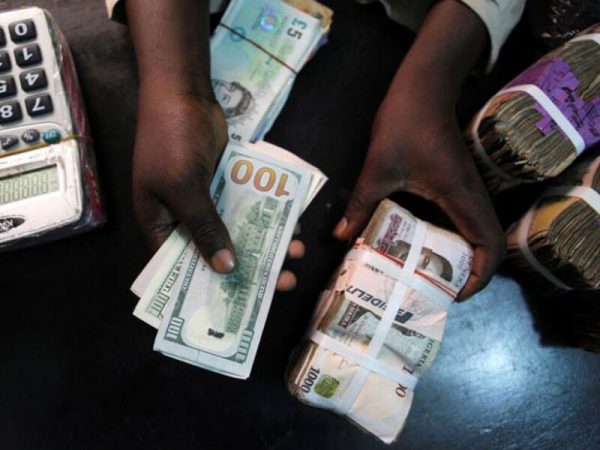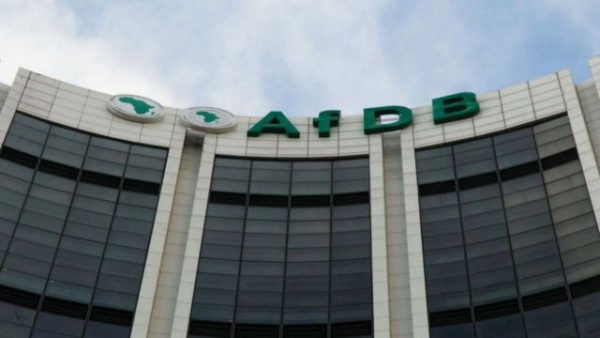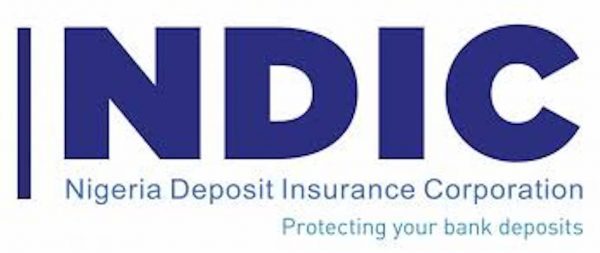Inventories hit N402 billion amid weakened purchasing power, forex concerns
 Despite struggling to access foreign exchange to secure raw materials, local manufacturers have decried the rising level of inventory, especially for unsold manufactured goods, adding that weakened disposable income of consumers has worsened the situation.
Despite struggling to access foreign exchange to secure raw materials, local manufacturers have decried the rising level of inventory, especially for unsold manufactured goods, adding that weakened disposable income of consumers has worsened the situation.
Similarly, irregular electricity supply from the national grid system has cost manufacturers in the country about N67.38 billion from self-generated electricity.
According to the Manufacturers Association of Nigeria (MAN), there is a need for the government to initiate policies that will strengthen the purchasing power of consumers to stimulate aggregate demand and deliberately support industries to reduce the production cost of locally manufactured products.
The local producers also predicted an all-time unemployment rate at 50 per cent owing to the disruption caused by the Coronavirus (COVID-19) pandemic.
According to MAN President, Mansur Ahmed, the outcomes of the pandemic led to a lockdown, near shut down of the operations of eight manufacturing sectoral groups, disruption in supply chain, inventory of unsold items, and loss of jobs.
Mansur, at a press briefing on the state of the economy, also predicted that inflation, interest and exchange rates will jointly trend upward from their current states in differing magnitudes of between 15 per cent and 18 per cent.
Ahmed said: “The manufacturing sector spent over N67.38b on self-generated electricity with energy cost accounting for over 38 per cent of production cost in 2019; and genuine exporters are still being owed huge sums of money as a backlog of unpaid outstanding from the Export Expansion Grant scheme.”
He said MAN is aware of the unprecedented trauma that COVID-19 has unleashed on human lives, businesses, health systems, institutions and economies around the world, and appreciated members’ support to the government to provide palliatives to cushion hardship experienced by Nigerians and to contain the spread of COVID-19.
“From our record, manufacturers donated about N8 billion in cash and N300 million worth of palliative materials to both Federal and states governments. We are sincerely grateful to our frontline health workers and other service providers for their commitments, sacrifice and service to humanity.”
Meanwhile, Ahmed said MAN has made a series of submissions to the government on these challenges accompanied with suggestions on how to resolve them and it is gratifying to note that the government has given due attention to some of the challenges.
For manufacturers to remain in business, he urged the reduction of the financial pressure on companies occasioned by COVID-19 by compensating manufacturers that are forced to shut down with 60 per cent of employees’ salaries for at least three months to prevent layoffs and massive unemployment.
Government should also support manufacturing concerns with existing loan facilities by reviewing the terms, especially reducing interest rates to five per cent with a two-year moratorium.
“Manufacturers that are investing in order to scale up production should be granted loans at 5% interest rate for a period of 5 to 7 years. These will no doubt improve liquidity and ramp up productivity in the manufacturing sector in a manner that will cover up for obvious losses due to COVID-19.” he said.
The Association also urged the government to prevail on the Central Bank of Nigeria (CBN) to extend its COVID-19 stimulus packages to manufacturers not covered under existing initiatives.
“The CBN should also grant manufacturers increased access to Foreign Exchange at pre COVID-19 rate to support the importation of raw materials, machines and spares that are not available locally.
“Introduce fiscal measures by waiving import duties on Active Pharmaceutical Ingredients (APIs), other essential products and food related raw materials for one-year effective April 2020; extend timelines for filing and paying taxes (including excise duty with a provision that it should be based on sales and not production) by six months after the economy returns to normalcy, he added”
The operators also sought the reversal of the Value Added Tax (VAT) to the pre-2020 Finance Act rate, and reduce the Personal Income Tax to a flat rate of 10 per cent for one-year effective April 2020. This will improve the disposable income of Nigerian workers, stimulate consumption, promote an upsurge in demand and increase production output.
They also want all regulatory agencies, especially the Standards Organizations of Nigeria (SON), National Agency for Food and Drugs Administration & Control (NAFDAC), to reduce their respective administrative charges (pre-COVID-19 rates) payable by manufacturing concerns by 50 per cent. Also, the Nigeria Customs Service, the Nigerian Ports Authority, and other related agencies of government should treat all requests from manufacturers expeditiously with a great sense of responsibility and understanding of the prevailing situation.
“As a matter of urgency, direct that cargoes containing manufacturing raw materials are cleared swiftly, and ensure compliance with additional free days from the terminal and shipping lines to clear the containers to avoid demurrages as already announced.
“Grant manufacturers waivers from all demurrages payable between February and July 2020, especially those occasioned by the lockdown directives of Government and others associated with COVID-19 pandemic.” Ahmed appealed.







